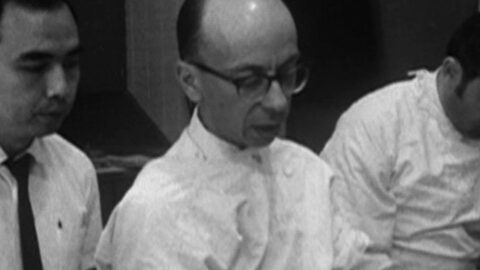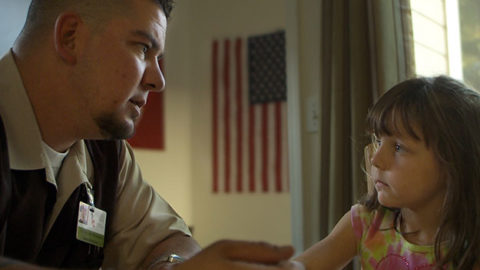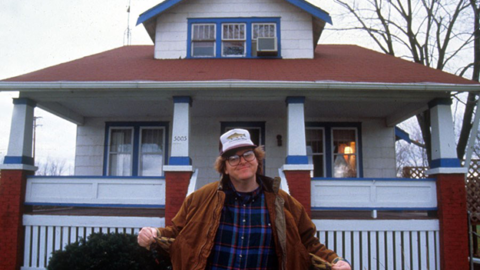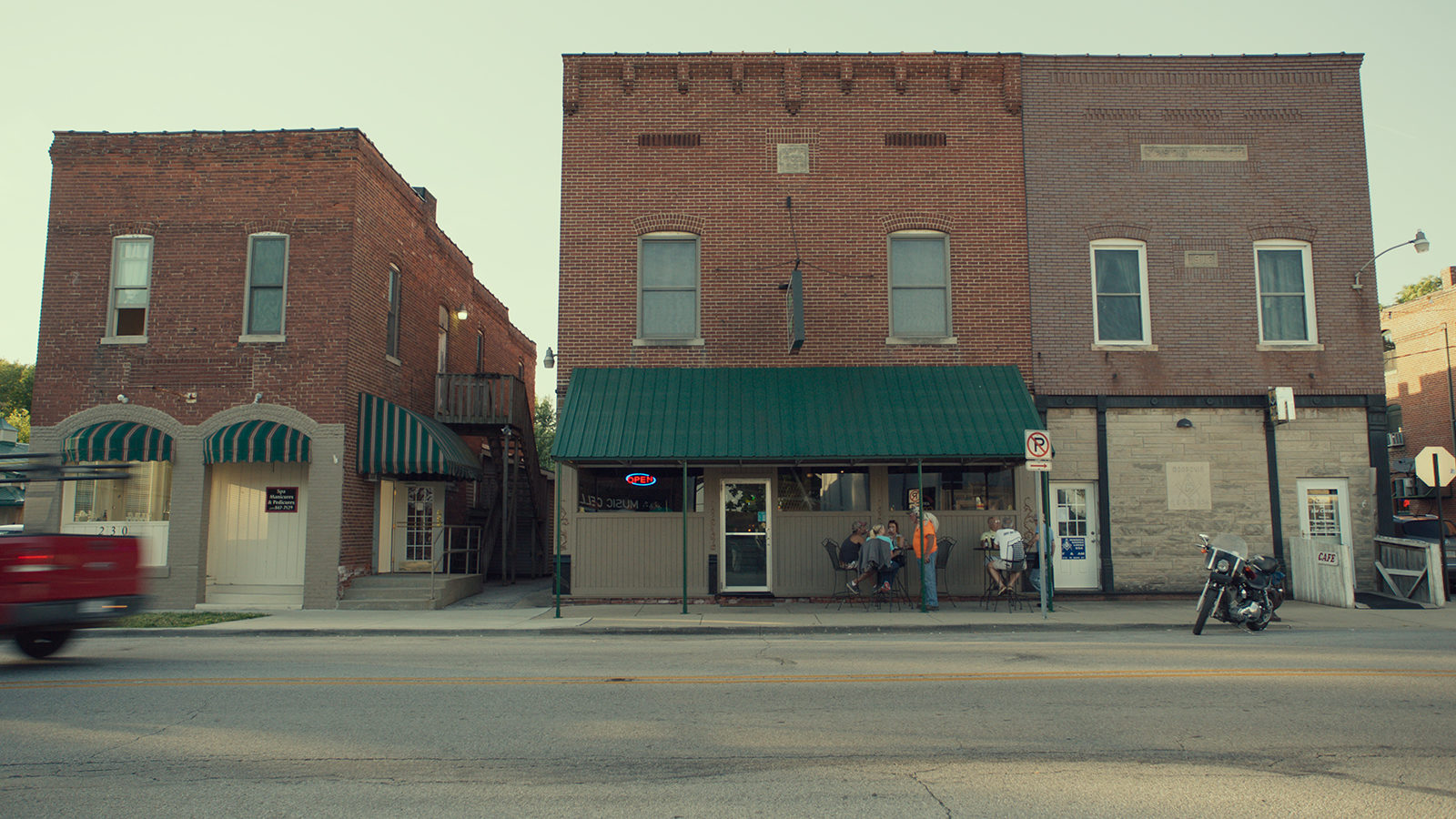
Intimations of Mortality
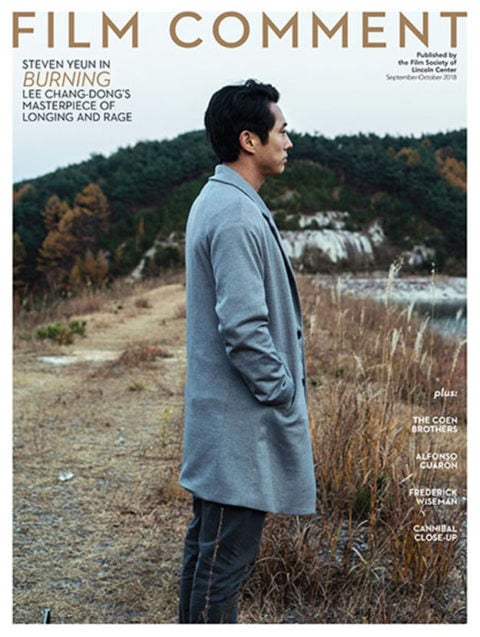
The following is an excerpt from the September/October 2018 issue.
The opening glimpses of the town add up to a cross section of a day in the life of a slice of America named Monrovia, as assembled by a visiting filmmaker. What immediately ensues suggests both that Wiseman’s comic sense is as wicked as ever, and that he can’t ignore what’s staring us in the face. A Masonic lodge is the next destination, less a locus of power inspiring paranoid conspiracy theories than a men’s clubhouse with charitable leanings—and, as immediately becomes apparent, a greying and dwindling membership. The occasion is a ceremony honoring an elderly Freemason in longtime good standing: a leader in regalia presides, a laser printer visible behind him on a table; the room, no matter what angle Wiseman finds, evokes empty classroom more than temple. Speeches are read aloud, haltingly, laboriously, from pieces of paper, not from memory; some members seem unsure exactly where to stand, or what to do next. It all feels less like an ancient order than the rehearsal of a school play (which closely recalls something Wiseman shows us elsewhere, a band in a gym making their droopy way through the theme from The Simpsons). These Masons care, no doubt, and their family members are present to take pictures, but there’s a nagging sense of going through the motions of something half-remembered. It’s hard not to imagine one model of community well on the wane here, and to worry that, in another generation, people just might not show up.
Quite a scene to place early in the film—even if, it must be said, the focus arises out of Wiseman’s tendencies. In his interest in institutions, he gravitates to social services and groups that by their nature reveal the vulnerabilities of a community even as they reflect its resilience. His 1999 masterpiece Belfast, Maine has its share of aging and beleaguered citizenry, as its heart-aching mosaic of a New England seaside town assembles before our eyes. In Jackson Heights (2015), too, returns like a refrain to the immigrants and other minorities who are seeking help to enter, or simply to remain peacefully, in the community whose values they share. But with this sequence in Monrovia, Indiana, Wiseman is reminding us that those values require upkeep, and he is reflecting upon what tradition means, or is.
Closer Look: Monrovia, Indiana screens in the New York Film Festival and opens on October 26.
To read the rest of the article, you can purchase the September/October 2018 issue or subscribe now.
Nicolas Rapold is Film Comment’s editor-in-chief.



